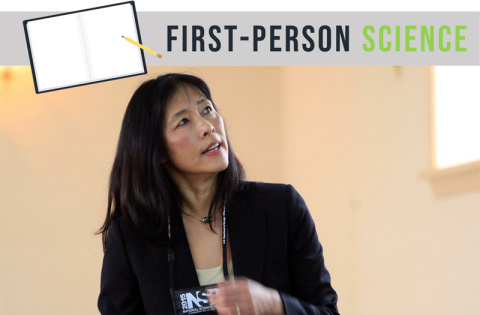
Jacqueline Chen has spent her career delving into the complex patterns and interactions of the flames that power our vehicles.
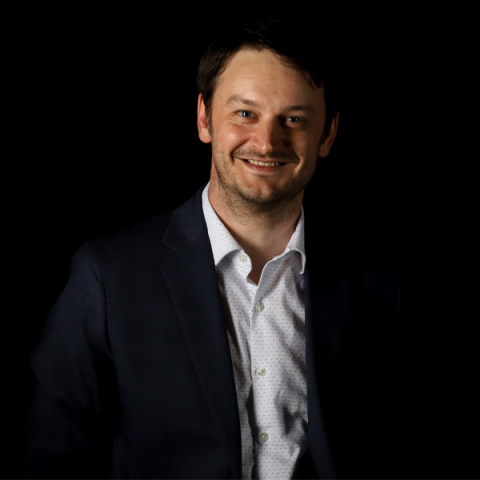
Jozef Dudek has pioneered theoretical techniques to study the subatomic particles – hadrons – which can decay into short-lived states.
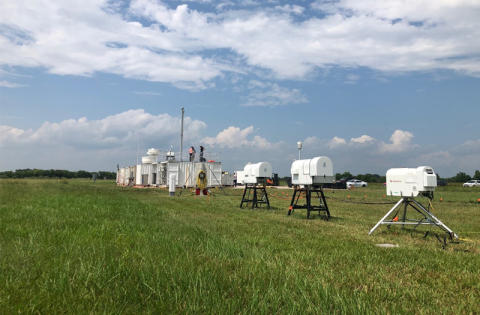
Collecting New Data on Atmospheric Particles like Pollution for Storm Forecasting and Climate Models
A mobile Office of Science observatory is tracking clouds over Houston through summer 2022.
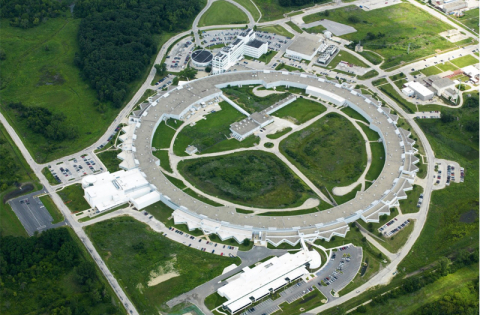
The pandemic changed how we operate our Office of Science user facilities. Now, we want to keep the best practices and innovations going forward.
Researchers are studying effects of aerosols on storms in the Houston area.
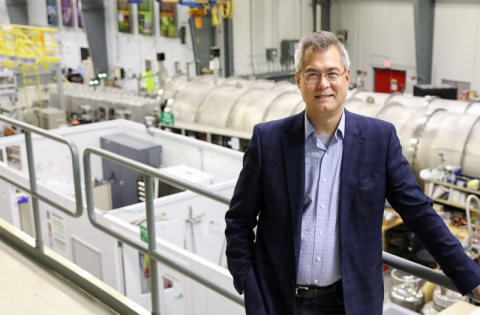
Ken Andersen is the associate laboratory director of the Spallation Neutron Source and the High Flux Isotope Reactor in Oak Ridge, Tennessee.
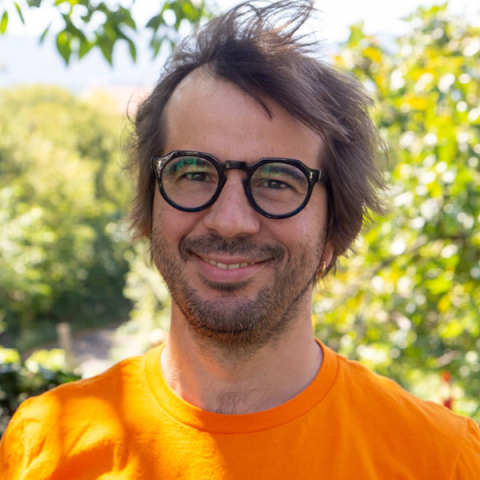
Anže Slosar looked back at the early universe, scaling up the Baryon Oscillation Spectroscopic Survey data for answers about dark energy.
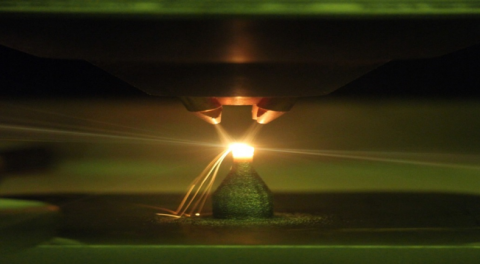
DOE’s Office of Science is working to reduce the need for critical materials, recycle them, and expand domestic sources of them.
Berkeley Lab-led earthquake simulators angle to use exascale computers to detail site-specific ground movement.
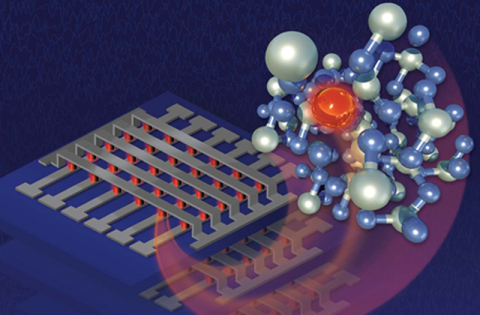
Microelectronics projects will support more powerful supercomputing, explore new materials, foster advanced computing architectures, and more.

